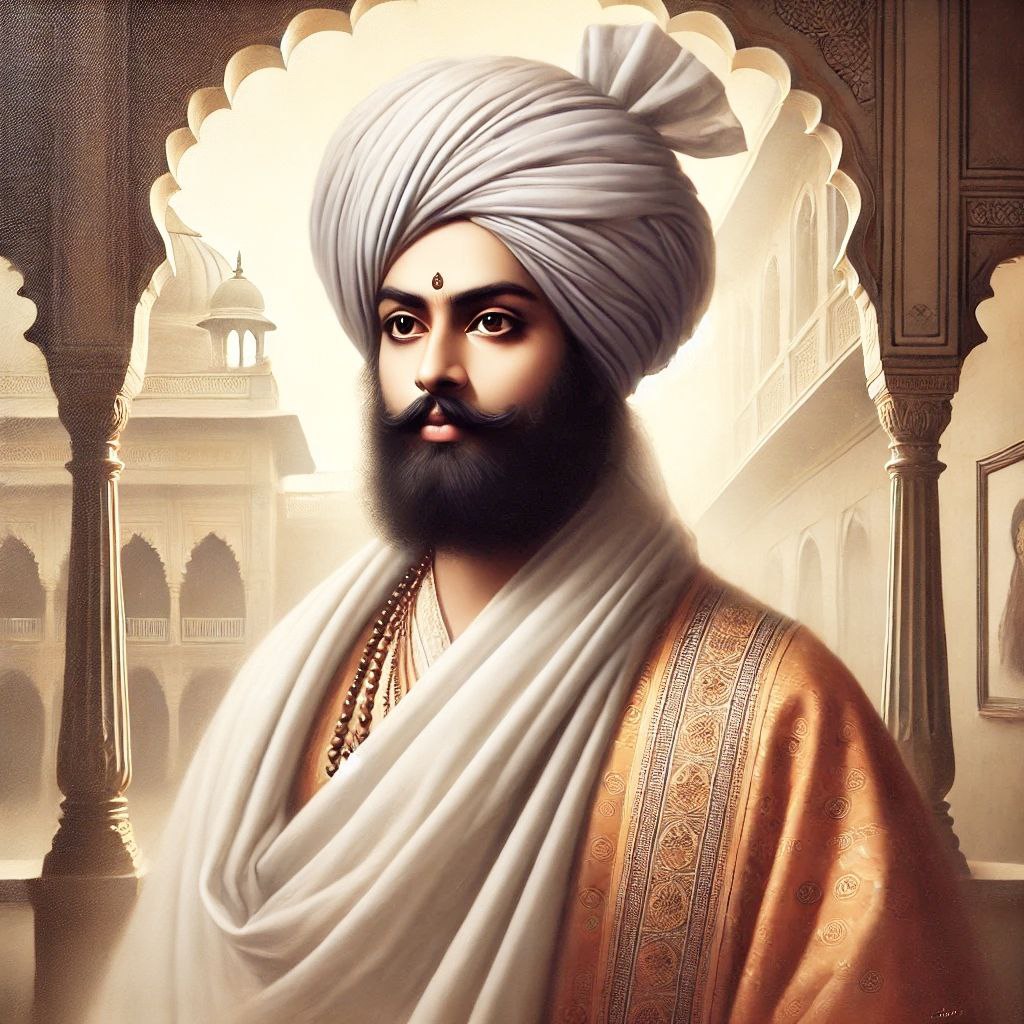Raja Ram Mohan Roy (1772–1833), Also known as the “Father of Modern India,” was a prominent social and religious reformer who championed progressive ideas and spearheaded several reform movements in colonial India. His efforts laid the groundwork for modern Indian society. Here’s an overview of his contributions to rights, reform movements, and liberalism:
Rights
- Women’s Rights:
- Advocated for the abolition of Sati Pratha (the practice of widow immolation).
- Promoted women’s education and worked toward improving the status of women in Indian society.
- Fought for property rights for women, opposing the societal norms that restricted women’s autonomy.
- Religious Rights:
- Promoted the concept of religious tolerance and equality.
- Criticized the caste system and the discrimination faced by lower-caste individuals.
- Civil Rights:
- Advocated for freedom of speech and press.
- Argued for equality before the law and fairness in administration under British colonial rule.
Reform Movements
- Religious Reform:
- Founded the Brahmo Samaj in 1828, which aimed to reform Hinduism by eradicating superstitions and idol worship.
- Supported monotheism and emphasized rationality in religion, drawing from Upanishadic philosophy.
- Social Reform:
- Played a pivotal role in the abolition of Sati. His efforts led to Lord William Bentinck’s regulation of 1829 banning the practice.
- Opposed child marriage and polygamy, advocating for social practices rooted in reason and morality.
- Educational Reform:
- Believed in the power of modern education for societal progress.
- Founded schools that promoted secular, scientific, and Western-style education, such as the Anglo-Hindu School in 1822.
- Opposed traditional Sanskrit-based education and encouraged the study of English, science, and technology.
Liberalism
- Raja Ram Mohan Roy was a pioneer of Indian liberalism, drawing inspiration from the Enlightenment ideals of liberty, equality, and fraternity.
- Support for Individual Freedom:
- Emphasized personal liberty and the freedom of thought.
- Championed freedom of the press and opposed censorship by the British government.
- Advocacy for Constitutional Government:
- Criticized the despotic rule of the British East India Company and called for greater representation of Indians in governance.
- Economic Liberalism:
- Criticized exploitative British economic policies and sought reforms to ensure the welfare of Indian peasants and workers.
Legacy
Raja Ram Mohan Roy’s ideas and movements paved the way for a modern, liberal, and progressive Indian society. His emphasis on reason, equality, and justice inspired later reformers like Ishwar Chandra Vidyasagar and Swami Vivekananda. His vision of a just and rational society continues to influence India’s socio-political fabric

